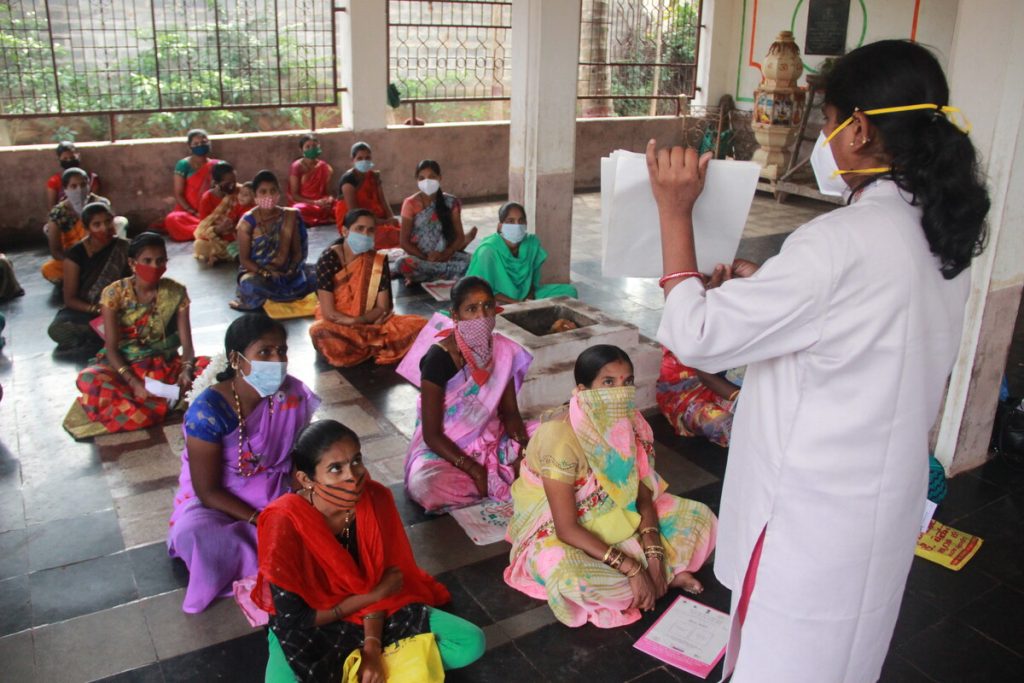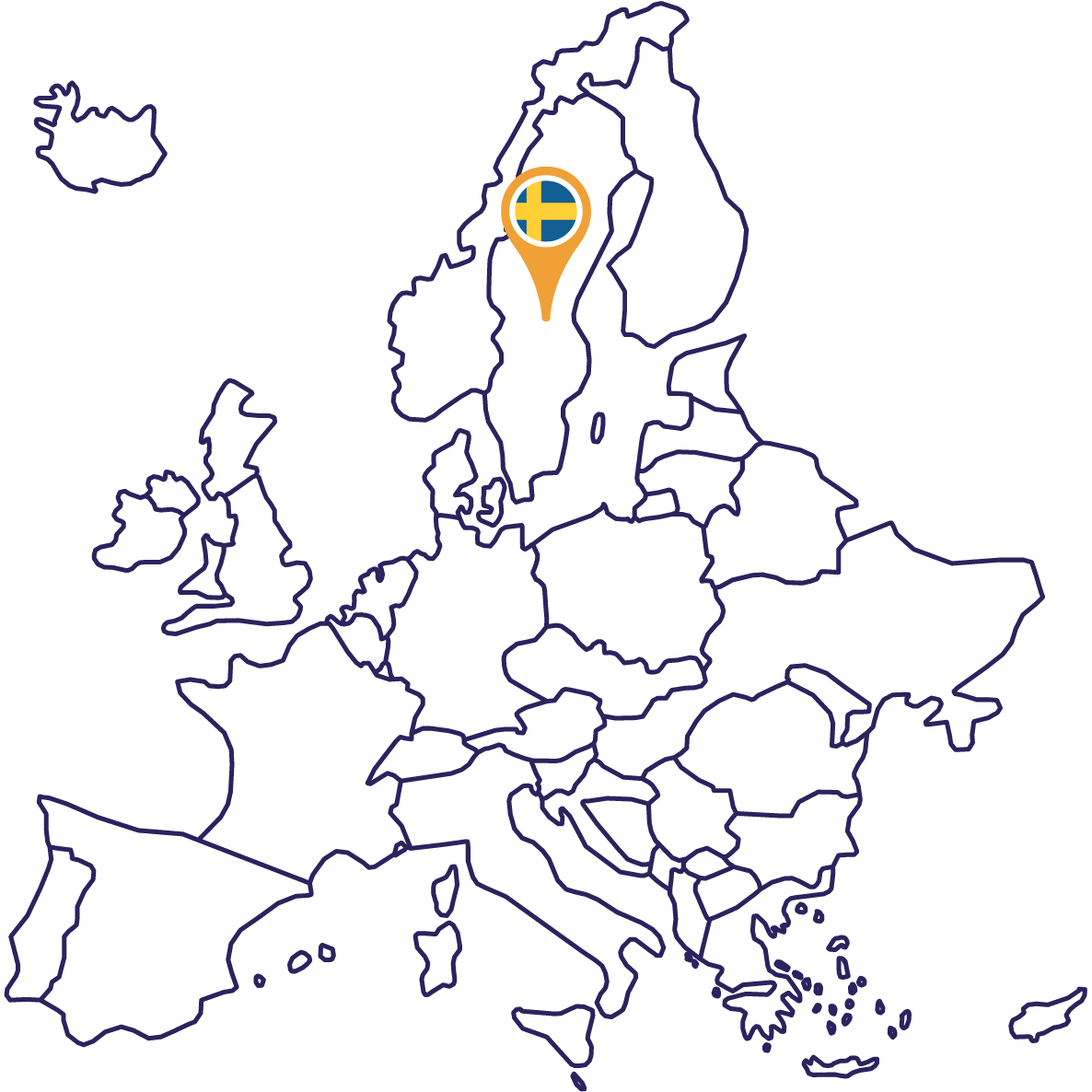Country Profiles
Sweden
Sweden’s new Minister for Foreign Affairs, Tobias Billström, has announced that Sweden will no longer call its foreign policy ‘feminist’. Sweden was the first country to implement a feminist foreign policy, starting in 2014, which featured sexual and reproductive health and rights (SRHR) as one of six objectives. It is still too early to say how the shift in the labelling of the foreign policy will play out in practice. The budget bill 2023 states that Sweden remains committed to women’s and girl’s rights and to SRHR in particular, as prioritised areas within development cooperation. A range of other “Swedish priorities in development cooperation” are also listed.
Policies & funding
The new Government has announced that there will be a gradual decrease of the ODA level, aiming at reaching 0,7% of GNI spend on ODA by 2025. This breaks the long-term Swedish commitment to a minimum 1% ODA of GNI. There have already been substantial cuts in core support to multilateral agencies and large ODA amounts have been reallocated to address the Ukraine crisis. On the other hand, the Government has initiated a new global strategy for SRHR. In all there will be negative as well as positive impacts on Swedish funding going to gender equality and SRHR in 2023-25.
As a consequence of the decision to no longer label the foreign policy feminist, changes in governmental policies for gender equality and SRHR are expected. For example, there will no longer be annual action plans for the feminist foreign policy. Nonetheless, the new government has stated that it is committed to women’s and girl’s rights and SRHR and that Sweden will have a particular focus on the gender equality cohort under the U.S. initiative “Summit for Democracy”.
In 2022, a new Strategy for sexual and reproductive health and rights (SRHR) in Africa was adopted. The strategy will apply in 2022–2026 and provide a total of 350 million Euros (SEK 3 500 million). The Swedish government also launched a comprehensive written SRHR dialogue material, along with two SRHR online e-learning modules, for all Sida and MFA staff.
In 2021, Sweden dedicated 0.91 % of its GNI to ODA, making the country one of the largest donors in proportion to the size of its economy. In 2021, Sweden spent about 176 million Euros on sexual and reproductive health and family planning (SRH/FP) funding, which is about the same level compared to 2020. Funding to SRHR was also kept at approximately the same level across years, amounting to 282.5 million Euros. Over the past decade, there has been a steady increase in Sweden’s core contribution to multilateral organisations, including for UNFPA, to which Sweden commits funding over a 4-year period. The contribution 2018-2021 to UNFPA is around 240 Euros (million SEK 2.46 billion), a total increase of 24% compared to 2014-17. In 2021 Sweden was once again the European government with the largest contribution to this agency, amounting to 114 million Euros.
Internationally vocal
In 2022, Sweden continued to emphasise SRHR in international conferences, initiatives and negotiations. This included the EU-negotiations, CSW and the Transforming Education Summit (TES). At the TES, Sweden underscored the need to promote comprehensive sexuality education (CSE) in international development cooperation and that CSE is “an indispensable tool for promoting tolerance, mutual respect and non-violence in relationships”.[1] At CSW 2022, Sweden supported a joint RFSU-RFSL event on the topic of inclusive SRHR responses to the climate crisis.
The Swedish government made a public commitment to SRHR during the Paris Forum of the Generation Equality Forum (GEF) which also highlighted the incorporation of SRHR language in all Swedish bilateral country strategies and in its new Global humanitarian strategy. At the GEF, Sweden committed to around 83 million Euros (SEK 871 million) to SRHR in 2021, including “support to focus on the neglected areas of comprehensive SRHR such as comprehensive abortion care and new support under the new strategies”.
In 2021, Sweden continued being focused on enabling the EU to take a progressive stance on SRHR, including by remaining vocal on SRHR throughout the 2021 negotiations on the EU Council Conclusions on the Gender Action Plan (GAP III) and on Human Development. The country also had a leading role in the development of the Team Europe initiative on SRHR in Sub-Saharan Africa.



